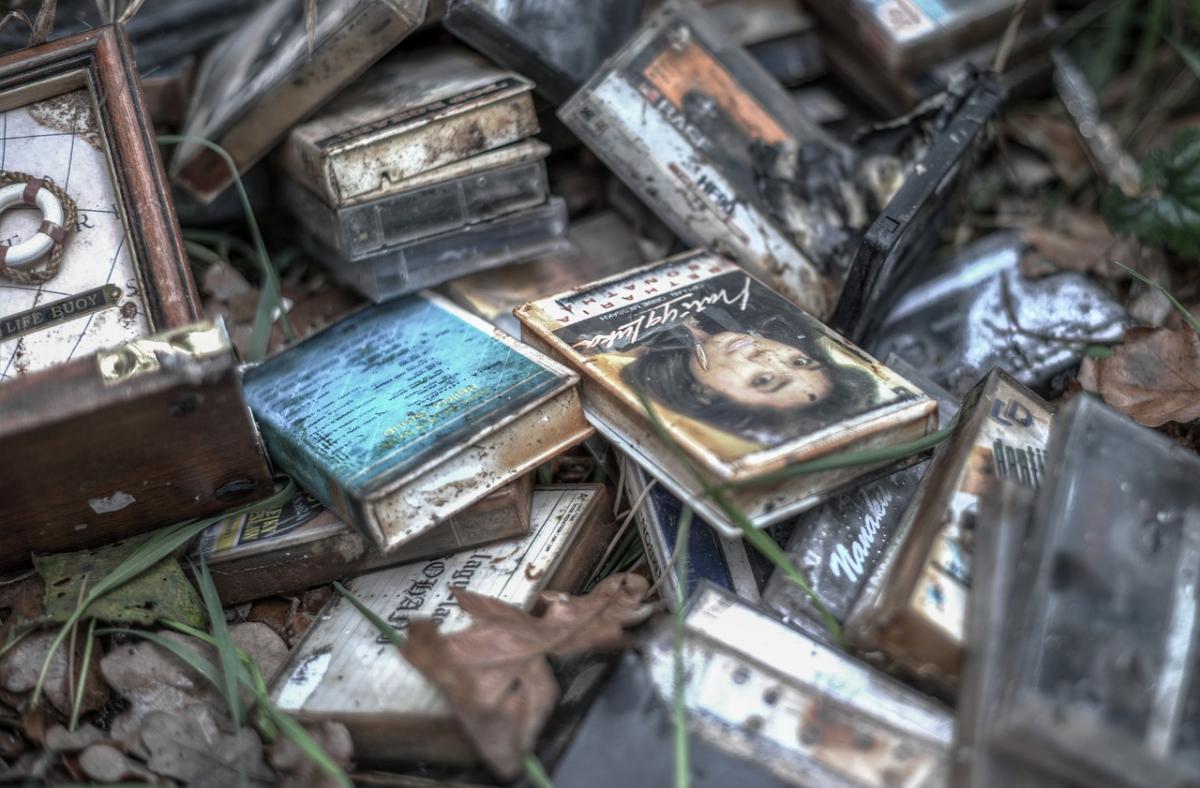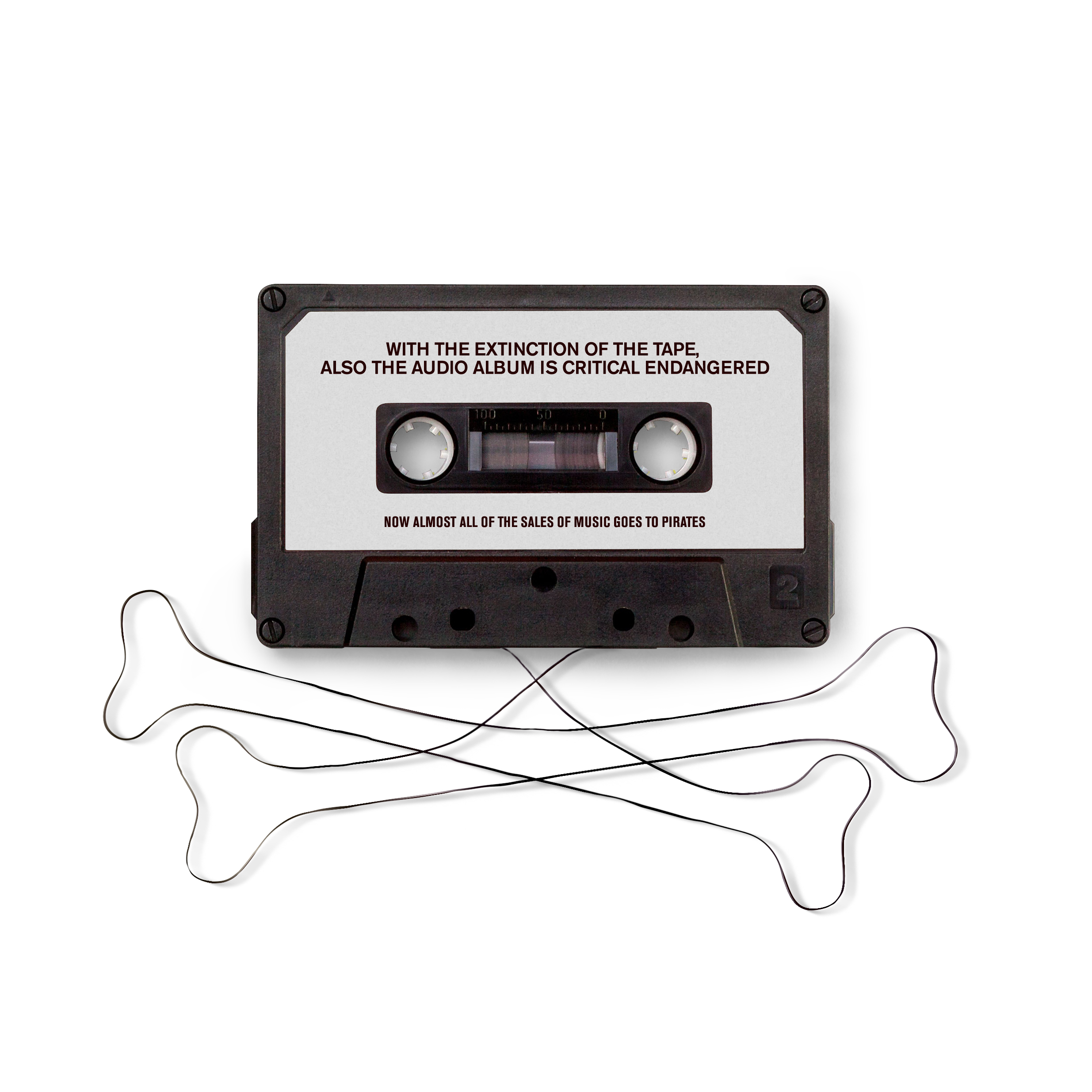Norient flicked through YouTube and collected queer hip hop clips from around the world: Avalanches of images, beats and powerful words from Angola, Argentina, Cuba, Germany, Israel, Serbia, South Africa and the U.S. Rebellious, ironic and thoughtful hip hop artists raise their voice for a queer consciousness and LGBTQI+ rights.
At first glance, Hip hop and related genres seem to be heteronormative bubbles. The cliché includes invincible rappers, objectified female bodies, homophobic lyrihttps://norient.com/wp-admin/edit.phpcs, and sexist videos. However, the exceptions to this rule are old as the hip hop culture itself. Oddly enough, just recently feuilletons and music magazines have paid increasing attention to them. This was set in motion in 2012, when Frank Ocean declared that his first love had been a man [see Norient Artikel Gayngster Rap, in German].
This debate didn’t create a new queer hip hop movement, but it did spark a new sensibility and shows: Hip Hop has always been a voice for the oppressed. Umbrella terms like «queer hip hop», «homohop», or «gayngster rap» are obviously problematic, because queer hip hop isn’t a homogenous scene or a musical subgenre; neither is it another approach to the hip hop culture. Queer hip hop is part of the hip hop culture and doesn’t need to be labeled «queer». And when a rapper is gay, that doesn't mean automatically that he is a queer rapper.
This post introduces some fantastic hip hop artists, with a special focus on those who demonstrate their lesbian, gay, trans*, and bisexual identity and/or a queer consciousness. For this, in this selection you will find songs that discuss offensively what it means to be lesbian, gay, trans*, bisexual and queer in different countries; you will listen to lyrics that fight for LGBTQI+ rights; or see gender bending videos that play around with queer subjects and references.
Let’s start with the rapper, poet, and artist Mykki Blanco. She unleashed her video «Wavvy« on the world on YouTube. In the clip by Francesco Carrozzini, Mykki Blanco samples the pleasures of different identities: in the first part, she is a rapper who buys an aphrodisiac on the street, and then she is a drag queen in the middle of a burlesque orgy. Between the powerful rap lines, there is enough space for a sense of Lil’ Kim, Marilyn Manson, and Riot Grrrl.
Drag and cross-dressing represent only one of the many ways of visualizing queerness. Especially popular among the clips of the new generation of queer rappers are artful references to the ballroom culture and fast-cut close-ups of wild vogue poses. Vogue is a dance style that is characteristic of African- and Latino American drag performances that emerged in Harlem in the early 1960s. Like the Americans Mykki Blanco, Le1f, and Cakes da Killa , also the South African electro-rapper Umlilo plays around with these esthetics, as in his video «Out of my face« (directed by Tlhonepho Thobejane). Umlilo, from Cape Town, is a Kwaito artist who is an important figure in the growing queer underground of South Africa.
For colorful protest we switch to USA to Lizzo feat. Sophia Eris from Minneapolis. Let's raise the rainbow flag:
Lizzo and Sophia Eris are part of the new generation with a queer consciousness and performance. The ground was prepared by American queer hip hop activists from different local scenes more than 20 years ago. They first met at the PeaceOut-Festival in California in 2001. Media attention finally shifted to them in 2005, with the documentary «Pick up the mic». The movie did more than just raise visibility and enlighten a heterosexual audience; it helped to link American lesbian, gay, trans*, and bisexual rappers. One of the protagonists of the movie is trans man Katastrophe, from San Francisco. His lyrics talk about being accepted as a man – a subject that he also tackled in his previous career as a poetry slammer. The «Tunnel Vision» video by Olivia Parriott was produced within 24 hours, at the 24-hour music video challenge hosted by wiretapmusic.com.
It is a huge challenge to gain recognition as a transgender in a country like Angola. In this conservative, Christian country, LGBTQI+ people by law face the danger of being sent to a penal camp. The Kuduro artist Titica was born male, but since her operation six years ago, she is a woman. Even though she is present in the media and one of the most popular ambassadors of Kuduro, she is not safe from harassment and violence. (see Norient article Angola tanzt den harten Hintern, in German).
As in «Olha o Boneco», also in the video «Ablua», she conquers the public sphere and – as the word «Ablua« means – asks for a dance. In Kuduro, music videos have an important function: for each song, the singer and his/her dancer presents a choreography that the fans can rehearse and dance in the clubs and on the streets.
In «Ablua», Titica talks about shopping at Cantina de Mamadou, a small shop in the neighborhood, run by Lebanese and other Arab immigrants in Angola. With characteristic bling bling rap hubris, she surrounds herself with status symbols and praises herself for how great and sexy she is and how much money she earns.
Similarly, the lesbian rapper Shorty from Israel announces in «Lealef et ha soreret« how provocative, talented, and beautiful she is. Her self-love is independent and cool: she emphasizes that she has nothing to apologize for in her life and will never hide herself.
Queerness is manifest particularly in the performance, which is always a performance of gender. In this video, Shorty sits on a car and poses as a pimp. So, she slips into the poses of a character that in hip hop is a code for male dominance. However, she turns the tables and leaves suppression behind her. In her video, Shorty creates a space with different rules, which is typical of queer hip hop videos. Her new role model should not to be taken very seriously, as the whole scene takes place on a theatre stage. The macho show is trivialized by the audience – of all things, children are cheering for her.
Slightly more recalcitrant than Shorty are God-Des & She from Texas. The duo, Alicia Smith (God-des) and Tina Gassen (She), teamed up 15 years ago, to engage as queer activists and campaign for lesbian and gay love to be part of formal sex education. Do they polarize at the schools in the same way they do in «Lick it«? A more detailed and charming description of lesbian sex is hard to find...
Similarly explicit are Johnny Dangerous from Minnesota, Qboy from England and Soce from New York. Under Qboy’s political statement, «If they [straight rapper] can be sexually explicit, so can I,» the three rap pioneers have a meet and greet in a car. With humor and plenty of naked flesh, they deconstruct what is probably the most important status symbol in the hip hop video: the car. And, the male bodies on the leather seats have nothing in common with the ideal of hyper-masculine ghetto-warrior rappers.
Video not available anymore.
The do-it-yourself charm of the queer hip hop pioneers is not the style of 23-year-old Brooke Candy from California. Once a stripper, she is now a rapper who turns one-dimensional female role models in hip hop’s past upside down. In the video «Pussy Make the Rules» ft. Lakewet (directed by Meredith Danluck), Brooke Candy fights against the world and against herself. In precisely staged splatter choreography, she crashes dichotomies: Madonna and whore, victim and perpetrator, milk and blood, sado and maso.
As you can see in the Making of of «Pussy Make the Rules», Brooke Candy works with a professional team. She has managers, a label, and is invited to talk shows. Such high class productions are only possible when queer rappers have access to the music market, when their fan base extends beyond the local LGBTQI+ scene, and when they aren’t risking life and limb by uploading a video showing LGBTQI+ self-awareness on YouTube.
So, the video clips in this post are but a selection of the visible and the accessible. Many engaged queer rappers around the world don’t have music videos; they act from the underground and maybe have no more than concerts filmed using a cellphone. The Iranian lesbian rapper Saye Sky stands representatively for them (see song with English translation here). In 2010, after releasing her single broaching the issue of LGBTQI+ rights, she had to immigrate to Türkiye, and today, she lives in Canada.
The LGBTQI+ culture remains underground in Serbia, too. The gay pride in September 2013 was held after great turbulence. In the minds of many Serbs, and in the system of values of the Christian Orthodox church, LGBTQI+ people are mentally ill. In his song «Don’t Touch Me Faggot», gay rapper Damjan Loš, from Belgrade calls for speaking up against this injustice. His lyrics are fueled by anger and pride, especially in the prologue:
Mom, I am not sick.
Mom, I am totally, totally normal
Let St. Paul speak what he knows
None of those books are more important than my heart
Brother, don’t be ashamed in front of your friends
’cause I am not hiding in basements and obscure places…
I am very proud
Dad, you made sense when you said that my life is my thing
but that it is foul as shit when two males kiss each other
I remained silent at that, so that I wouldn’t break your hearts
But now I speak loud and clear, for all of us…
I am always good/ I am the one that’s nice/ to take it or to give it/ to tell you: Open your mouth!/
From Serbia, we jump to Argentina, where LGBTQI+ rights are quite progressive compared to the rest of the world. Nonetheless, activism remains significant. The six-member girl band Kumbia Queers uses humor and tropipunk to revolt against gender boundaries, rules of desire, and macho Latino clichés. Their keyboardist, Flor Linyera, lives out her serious side in enchanting rocky raps. The song «Detergente» («cleaning agent») deals with the feeling of being observed. She expresses that she cannot endure life in her society and doesn’t know how to distinguish between her friends and the spies. That‘s why she wants to disappear into the dark and be invisible.
In complete opposition to invisibility, the lesbian ladies Las Krudas Cubensi want to embrace the whole world. In their video «La Gorda llego!» («the fat is there»), they criticize plastic surgery and anorexia.
As you can read in this fascinating article, Las Krudas Cubensi, in 1996, were the first queer and vegan activists in Havana. Unusual for queer rappers, they were immediately part of the local hip hop scene. As the popularity of the three women grew, they wanted to link up with other queer feminist scenes in Latin America. However, because of the harsh exit regimes, they couldn’t answer the invitations and give concerts outside of Cuba’s borders. After emigrating to Texas, they started touring through countries such as Mexico, Colombia, and Guatemala.
Another artist who had to escape was Angel Haze. She rid herself of the shackles of the Apostolic Faith Church, a cult that a.o. forbade music. Last summer, she uploaded a series of furious, fast, and powerfully eloquent freestyles on YouTube and SoundCloud. In «Same Love», Angel – who considers herself as «pansexual» narrates her dark story and puts in her two cents on the debate surrounding rapper Macklemore’s advocacy for same-sex marriages. Quoting the genderqueer poet Andrea Gibson, she announces: «Loving whoever you are when the stars shine / And whoever you’ll be when the sun rises.» The visual counterpart to this beautiful statement is the video for her song «No Bueno» (directed by Frank Borin).
Sookee and Tapete from Berlin played around with similar imagery in 2011, to visualize their song about homophobia in hip hop «Pro Homo» (directed by Nachtigall Productions). In the video, a pack of assorted colorful people hacks the TV system and lands in the middle of the living room of white-bread middle-class people. The group provokes them by dancing, laughing, and singing. These contrasts emphasize the utopia of an equal society they create. In the lyrics, Sookee and Tapete discuss the fact that hip hop can be just as homophobic as the society is. With the punchline «pro homo» Sookee and Tapete reframe the homophobic slang phrase «no homo» (see Wikipedia article).
Video not available anymore.
Now, it is time to reveal the secret: What was the first queer hip hop video? Some say it was Man Parrish’s «Hip Hop Be Bop (Don’t Stop)». In the mid-1990s, too, there were some contenders: Queen Pen, Addis Black Widow, and Rainbow Flava. The fantastic blog Queerhiphopheritage.us leads us to the hip hop duo Age of Consent. One half of the duo, John Callahan, clarified in an interview that they were the first, however important that status might be: «Well, I would like people to acknowledge the work that we did when we did it, which is very hard, because unless something gay happens in San Francisco or New York, it hasn’t happened, and I read about people claiming to be the first gay rapper, and it’s like from ’95 on, and it just, it makes me sad. I think Age of Consent is the first rap group to deal openly with gay politics and subject matter, barring none.» John Callahan and David Hughes met in 1980 in a gay club in Los Angeles. They discovered that hip hop was the best mode of expressing what they thought. And this is exactly what they do in the song «Fight back»:
Thirty years later, queer hip hop in the US has gone through a metamorphosis. Gaudy, campy, and thirst-quenching is Boody and Le1f‘s video, «Soda« (directed by Sam Jones). Le1f flashed on the mainstream radar with artful pictures, fast cuts, glitter and neon, ultrafast raps, reduced beats, and a significant amount of disco. These images create associations and references, but he is one of those rappers who doesn't want to be labeled as «gay rapper».
And now, as we near the end of this roundup, we must honor drag legend RuPaul. The queen with the white afro has her own style of rapping and is actively supported by Bounce rapper Big Freedia Queen Diva from New Orleans and an entire legion of crispy booty dancers in colored pants. Bounce is often associated with the queer community because outside New Orleans mostly gay rapper became popular. (Read more in the Norient post «Sissy Bounce Rap from New Orleans» and here in German.)
Video not available anymore.
If you have ideas how to continue the list, please write a mail to contact[at]norient.com (Norient is especially looking for clips from outside the USA and Western Europe).
Many thanks to Beat Scheidegger from the gay lesbian film festival Queersicht in Berne, and to Katrin Ebell for the input. Thanks also to Wanlov the Kubolor for the support, and Shonegrad O’Connor, Stefanie Alisch, and Annick Wangler for the translations.







